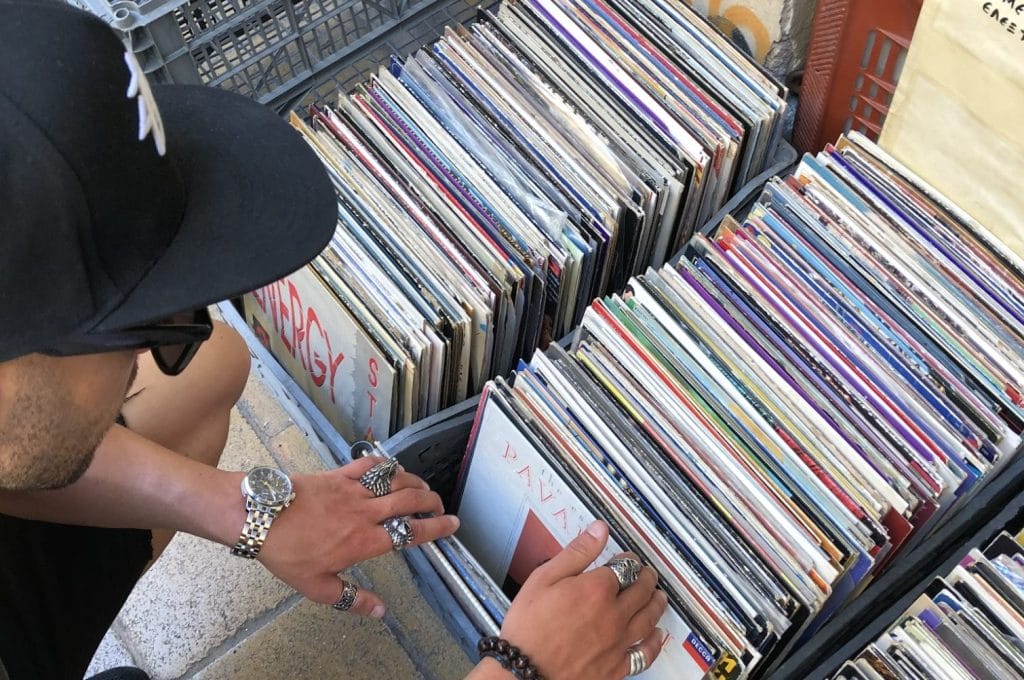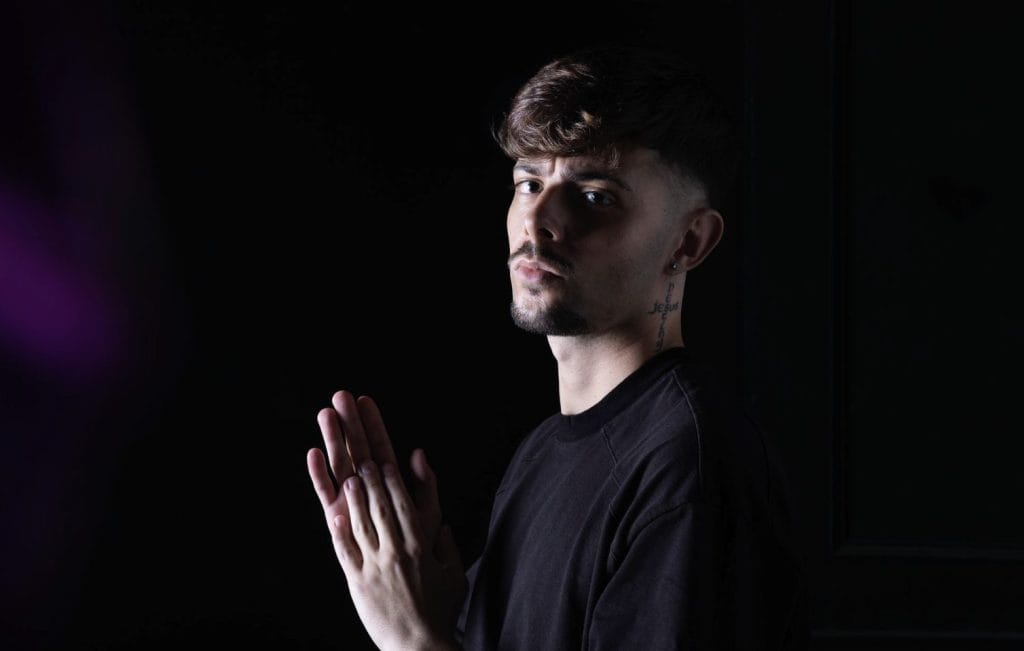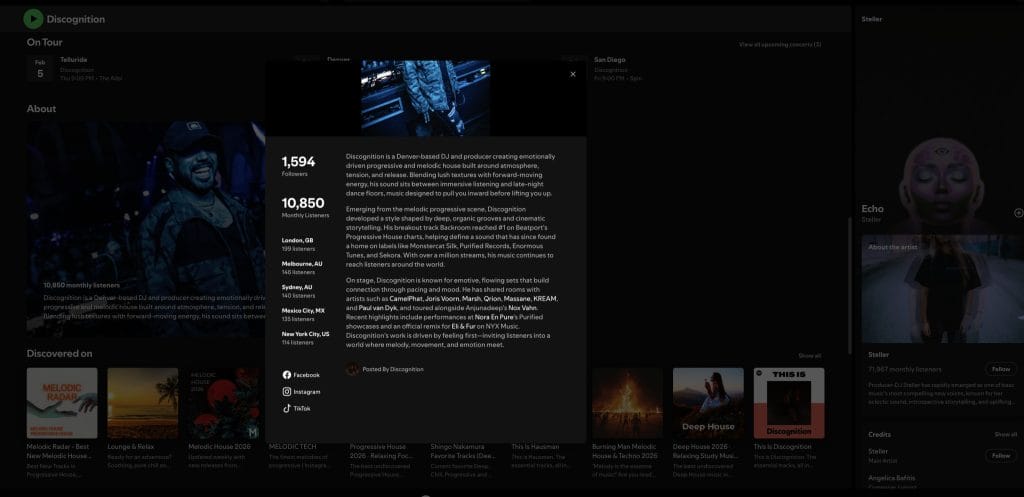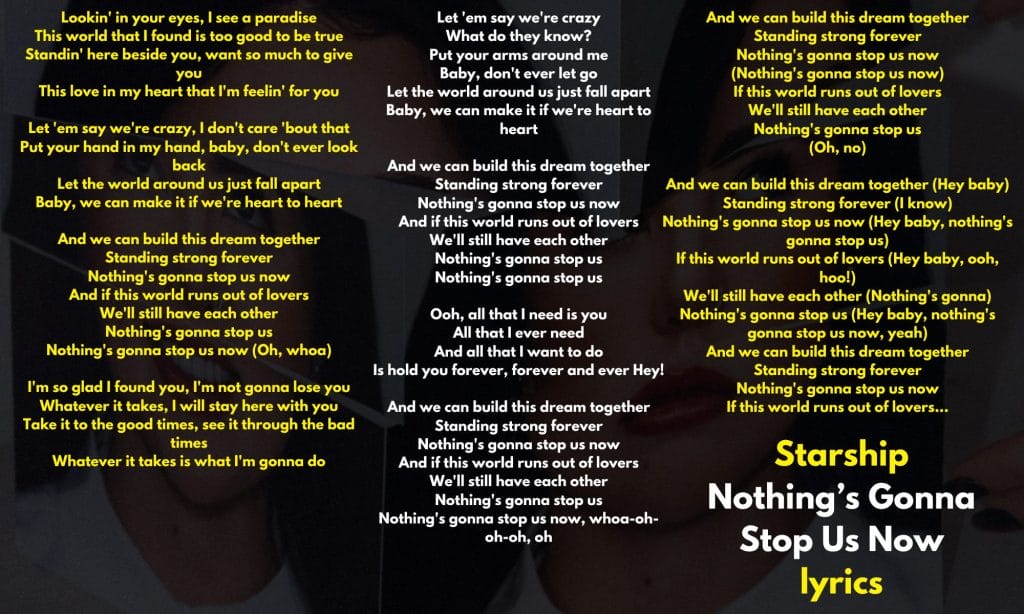Table of Contents
For educational purposes only and no copyright infringement intended. Images are the properties of their respective lawful and rightful owners.
It’s funny how some songs take on new life without even changing. You’ll be in a theater watching a Marvel trailer, and suddenly there’s Starship’s “Nothing’s Gonna Stop Us Now”—same big hook, same soaring melody—and somehow it still hits. That’s what happened during the Thunderbolts Super
Bowl spot earlier this year. There’s this ragtag group of antiheroes standing in for the Avengers, and right in the middle of it all is this power ballad from 1987, acting like it owns the room. And maybe it does. There’s something kind of perfect about pairing that much chaos with a song that believes in one thing completely.
This song came from a real place. Albert Hammond, who co-wrote it with Diane Warren, said it was based on his own experience—trying to marry someone for seven years and being blocked by law after law. So when he finally could, that line just showed up: “Nothing’s gonna stop us now.”
It’s simple, but it lands with real weight. The song ended up going No. 1 on the Billboard Hot 100 and was featured in the film Mannequin, which—yes—was kind of ridiculous, but that did not stop the song from taking off. And somehow, through all the changes in pop culture, it keeps showing up: in movie trailers, on playlists, even in karaoke bars where people mean it just as much.
I’m going to use this piece as a chance to dig into the lyrics more closely—not just as a music fan, but as someone who teaches and writes in English literature.
These are just my opinions, but I think there’s value in reading a song the same way you’d read a poem or a piece of fiction: carefully, line by line, and without rushing to make it mean more or less than what’s actually there. This is a good excuse to stretch some literary comparisons and see how a song like this holds up next to other stories—ones written in books, ones whispered in poems, ones that carry the same kind of defiance.
“Nothing’s Gonna Stop Us Now” — at a glance
- This song went to No. 1 in 1987 and helped launch Mannequin, a movie where a guy falls in love with a department store mannequin (yes, really).
- It showed back up in Marvel’s Thunderbolts Super Bowl trailer in 2025, scoring a montage of villains trying to save the world in their own messed-up way.
- The original idea came from songwriter Albert Hammond, who spent years trying to marry someone and finally got to. That first line came straight out of that moment.
Nothing’s Gonna Stop Us Now Lyrics
Breaking Down The Meaning
“Lookin’ in your eyes, I see a paradise…”
I believe this line shows how the singer feels wonder. He sees something special in the person he loves. Saying “paradise” means he sees a perfect place just by looking at their eyes. Then he says it feels “too good to be true.” He wonders if such strong feeling can be real.
He follows with wanting to give love from his heart. That tells me he is ready to share something big. He is not guessing or hoping—he has found something he wants to hold onto.
In an interview (which I cannot find again or else I would link it), Albert Hammond said he wrote this line because he finally got to marry someone he loved after waiting a long time. Hammond said it felt like the world tried to stop him for seven years—and then he reached this moment. That story fits the line: seeing paradise and finally having it.
“Let ’em say we’re crazy… Let the world around us just fall apart…”
He says others may call them crazy. He says that does not matter. They just need to hold hands and not look back. He even says the world can fall apart, but it will not change how they feel.
I see a clear connection to Baxter’s poem. Baxter says:
“Though the road be long and the sky be dark / love shall carry us through.”
That matches here. The sky can be dark, but love can keep going.
Here, the singer is resisting a world that might doubt them. He makes a promise: they will keep going, together.
“And we can build this dream together…”
In this chorus line, the word “build” shows he wants to work with this person. It shows action—a plan, teamwork. They are not waiting for luck. They are making something.
They sing “standing strong forever” and say “nothing’s gonna stop us now.” He says they will always protect this love—no matter how hard things get.
This reminds me of June Jordan’s words:
“Where are my arms / that suppose to hold you?”
She writes about holding someone through hard times. That matches the song’s promise: they will hold on, forever.
“I’m so glad I found you… Whatever it takes is what I’m gonna do.”
Then the singer makes a promise. He is glad he found this person. He will stay—come what may. He wants to be there in good times and bad times.
In Hammond’s story, he said he felt blocked from marrying the person he loved. He said, “They have not succeeded. They are not going to stop me.” That line from his interview matches “whatever it takes.” It feels like the same fight. It shows how strong his choice is.
I also think of Rukeyser’s poem “Then,” which says:
“When I am dead, even then, I will still love you, I will wait in these poems.”
That promise from the poem matches the song’s promise: love lasts through everything—through time, through problems. He says he will keep going, no matter what.
“All that I need is you… hold you forever, forever and ever”
Here, the singer says he has found all he needs in this love. He is not asking for big things. He only wants to hold the person he loves, forever. He repeats “forever” to show how serious he feels.
Jordan wrote something similar when she asked how two people stay close. She wrote:
“How do we come to be here next to each other / in the night?”
She wondered how love can stick, even when trouble comes. The song answers that. He stays because he decided this love is enough. He chose it.
What the Song Chooses
I believe “Nothing’s Gonna Stop Us Now” shows a couple choosing each other—no matter what. They are deciding: here is paradise, here is promise, here is effort. They will hold onto it. They will protect it.
They make it clear over and over: this love is built, not found. They will build it together. They will stay. They will hold hands through the dark. They will stand strong when the easy view disappears.
Writers like Baxter, Rukeyser, and Jordan wrote about similar things. They spoke of love as something people decide to keep—through pain, through time. The song steps into that same story.
Connectings Some Of The Dots
This song lives in a very specific kind of clarity. From the opening line, the speaker sees something good—“Lookin’ in your eyes, I see a paradise”—and instead of backing away from it, he leans in fully. There’s no irony, no second-guessing. That tone gives the song its shape. Every line after that is a form of commitment, not just to the person he’s singing to but to the space they’re building together.
When it showed up in Marvel’s Thunderbolts trailer earlier this year, it worked because the characters in that film—misfits, castoffs, people with too much past and not enough future—are trying to hold something together. The trailer doesn’t soften them. It puts the song behind them and says, this still applies.
That’s the same core idea running through Muriel Rukeyser’s Then. In the middle of a world that keeps slipping or shaking, she writes, “We make our meanings in the marrow of each other’s bones.” She isn’t saying the world improves when people fall in love. She’s saying meaning takes shape inside a shared space. Same with Baxter’s He Waiata Mō Te Kare, written in a different place and time but holding a similar center: “Though the road be long and the sky be dark / love shall carry us through.”
That’s the throughline—love not as escape or symbol, but as structure. Not stronger than everything, but something you keep choosing when everything else changes.
June Jordan asks the harder version of the same question in Poem for My Love—“How do we come to be here next to each other in the night?” And the answer, in this song, is that they are there because they stayed. “Put your hand in my hand, baby, don’t ever look back.” That’s the only direction the song allows.
Forward, together, with or without outside support. What makes that meaningful is not how original it sounds, but how plainly it’s said. The commitment is never dressed up. It’s repeated like a fact. And when a song is willing to be that clear, it tends to stay around longer than anyone expects.
The post Starship Nothing’s Gonna Stop Us Now Meaning in the Words and Work of Writers Who Lived the Same Feeling appeared first on Magnetic Magazine.






